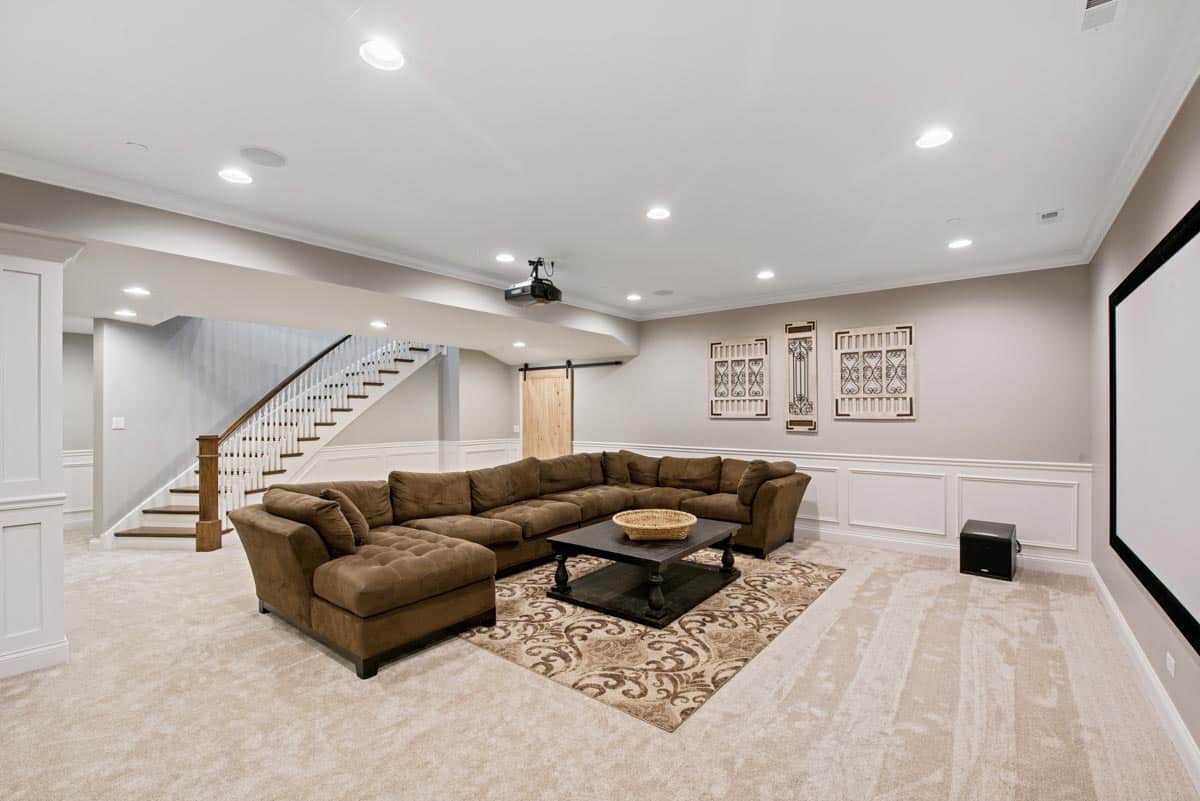

Articles
What Is The Best Flooring For A Basement
Modified: December 7, 2023
Discover the best flooring options for your basement with our comprehensive articles. Make an informed decision to create a functional and stylish space.
(Many of the links in this article redirect to a specific reviewed product. Your purchase of these products through affiliate links helps to generate commission for Storables.com, at no extra cost. Learn more)
Introduction
Choosing the right flooring for your basement is crucial as it can have a significant impact on the overall functionality and aesthetic appeal of the space. Basements are unique areas in a home, often prone to moisture, temperature fluctuations, and potential flooding. Therefore, it is essential to consider various factors when selecting basement flooring to ensure durability, comfort, and longevity.
In this article, we will explore different flooring options for basements, weighing their pros and cons to help you make an informed decision. From concrete and vinyl to carpet, laminate, engineered wood, and tile, we’ll cover all the possibilities to find the best fit for your basement.
Key Takeaways:
- When choosing basement flooring, consider moisture resistance, durability, maintenance, and comfort. Concrete, vinyl, carpet, laminate, engineered wood, and tile offer unique benefits, so weigh your options carefully.
- Each basement flooring option has its pros and cons. Whether you prioritize durability, warmth, or design versatility, make an informed decision based on your specific needs, budget, and the characteristics of your space.
Factors to Consider for Basement Flooring
Before diving into specific flooring options, it’s crucial to understand the key factors to consider when choosing basement flooring. These factors will help you narrow down your choices and select the most suitable option for your basement.
- Moisture Resistance: Basements are notorious for moisture issues, so it’s important to choose flooring materials that can withstand high humidity levels and resist water damage. Look for flooring options that have moisture barriers or are naturally resistant to moisture.
- Durability: Basements can be high-traffic areas, so it’s vital to select flooring that is durable and can withstand the wear and tear of daily use. Consider materials that are scratch-resistant and can handle heavy loads without getting damaged.
- Insulation: Basements tend to be colder than other parts of the house. Choosing flooring options with good insulation properties can help keep the space warmer and more comfortable. Insulated flooring can also help reduce energy costs in the long run.
- Installation: Basement flooring should be relatively easy to install, especially if you’re planning to do it yourself. Look for options that have simple installation processes, such as click-and-lock or floating floors, to save time and minimize installation complications.
- Maintenance: Consider the maintenance requirements of different flooring materials. Some may require regular sealing or special cleaning products, while others are low-maintenance and easy to clean. Assess the amount of effort you’re willing to put into maintaining the flooring.
- Comfort: Basements can sometimes feel cold and unwelcoming. Opt for flooring materials that offer comfort underfoot, such as carpet or vinyl with underlayment. This will create a more inviting and cozy atmosphere.
- Budget: Lastly, consider your budget for basement flooring. Different materials come with varying price ranges, so assess your financial constraints and find a balance between quality and affordability.
By considering these factors, you can narrow down your options and make an informed decision about the best flooring for your basement. Let’s explore the specific flooring choices available for basements and how they align with these considerations.
Concrete Flooring
Concrete flooring is a popular choice for basements due to its durability and moisture resistance. If your basement already has a concrete slab, you can opt to leave it as is or enhance its appearance with various coating options.
Pros:
- Highly durable and can withstand heavy foot traffic and potential water damage.
- Readily available and relatively affordable compared to other flooring options.
- Can be easily sealed to enhance moisture resistance.
Cons:
- Can be cold and hard underfoot, so area rugs or mats may be needed for added comfort.
- Limited design options unless coatings or overlays are applied.
- May require professional installation and sealing for optimal results.
Concrete can be left unfinished for an industrial look or polished and sealed for a more refined appearance. It is important to note that while concrete is naturally moisture resistant, it is not completely waterproof. Therefore, it’s essential to address any existing moisture issues or consider additional measures, such as a moisture barrier or proper drainage, to ensure the longevity of the concrete flooring in your basement.
If you prefer a more decorative and comfortable option, you can consider coatings or overlays. Epoxy coatings, for example, provide a seamless and glossy finish that resists scratches and stains. Concrete overlays can mimic the look of tile or hardwood, offering more design versatility for your basement.
Concrete flooring is a practical and cost-effective choice for basements, especially if you value durability and moisture resistance. Consider your comfort preferences and design goals to decide whether leaving the concrete as is or enhancing it with coatings is the right option for your basement.
Vinyl Flooring
Vinyl flooring is a versatile and popular choice for basements due to its durability, moisture resistance, and wide range of design options. It is available in both sheet and tile formats, allowing you to choose the style that best suits your basement space.
Pros:
- Highly resistant to moisture and water damage, making it an ideal choice for basements.
- Durable and can withstand heavy foot traffic and potential spills.
- Available in a variety of colors and patterns, including options that resemble hardwood or stone.
- Comfortable underfoot and can be enhanced with underlayment for added cushioning and insulation.
- Relatively easy to install, with options for both adhesive and click-and-lock installation methods.
Cons:
- May show wear and tear over time, especially in high-traffic areas.
- While it is resistant to moisture, extreme water exposure can cause damage to the adhesive or subfloor.
Vinyl flooring is a cost-effective option that offers a balance between durability, functionality, and aesthetics. It is available in different thicknesses, with thicker options providing better resistance to dents and scratches. Additionally, vinyl flooring is relatively easy to maintain, requiring regular sweeping and occasional damp mopping to keep it looking clean and fresh.
If you prefer a softer and warmer feel underfoot, you can opt for vinyl planks or tiles that are compatible with underlayment. This can also help with insulation, making your basement more comfortable in colder seasons.
When selecting vinyl flooring for your basement, make sure to choose a product specifically designed for below-grade installation. These products are usually moisture-resistant and have a thicker construction to withstand potential moisture issues that basements may face.
Overall, vinyl flooring offers a practical and stylish solution for basement flooring, providing durability, moisture resistance, and a wide range of design options. Consider your specific needs, budget, and design preferences to determine if vinyl flooring is the ideal choice for your basement space.
Carpet Flooring
Carpet flooring is a popular choice for basements, especially if you’re looking for a cozy and comfortable feel underfoot. It provides warmth, insulation, and sound-absorbing properties, making it a great option for creating a cozy living space in your basement.
Pros:
- Offers warmth and insulation, making your basement more comfortable, especially in cold climates.
- Provides excellent sound absorption, reducing noise transmission between floors.
- Comes in a wide variety of colors, styles, and textures, allowing you to find the perfect match for your basement aesthetic.
- Gives a softer feel underfoot, making it ideal for areas where you want to sit or relax.
Cons:
- Can be more prone to moisture and potential mold or mildew issues if not adequately installed or maintained.
- May require frequent vacuuming and professional cleaning to keep it looking fresh and free from allergens.
- May not be suitable for basements with potential moisture or flooding issues.
When choosing carpet for your basement, it’s important to consider the type of carpet and installation method. Look for carpets with moisture-resistant backings or consider installing a moisture barrier beneath the carpet to protect against potential moisture issues.
If you’re concerned about moisture, you can also choose carpet tiles instead of wall-to-wall carpeting. Carpet tiles are easier to replace if water damage occurs, allowing you to address the issue promptly without replacing the entire carpet.
Regular maintenance is essential for carpet flooring in basements. Vacuuming at least once a week and professional cleaning every 12-18 months can help prolong its lifespan and keep it looking fresh and hygienic.
Overall, carpet flooring is an excellent choice if you want a cozy and comfortable basement space. It provides warmth, insulation, and sound absorption, creating a welcoming and inviting atmosphere. Consider your basement’s moisture levels, maintenance requirements, and desired aesthetics to determine if carpet flooring is the right fit for your basement.
When choosing flooring for a basement, consider options that are moisture-resistant and durable, such as vinyl, ceramic tile, or engineered hardwood. These materials can withstand potential moisture issues and provide a long-lasting flooring solution for your basement.
Read more: What Is The Hole In My Basement Floor
Laminate Flooring
Laminate flooring is a popular choice for basements due to its durability, affordability, and ease of installation. It is designed to mimic the look of real hardwood or stone without the high cost and maintenance requirements. Laminate flooring is composed of multiple layers, including a wear layer, a decorative layer, a core layer, and a stabilizing layer.
Pros:
- Durable and resistant to scratches, stains, and fading.
- Moisture-resistant when properly installed with a moisture barrier.
- Easy to clean and maintain with regular sweeping and occasional damp mopping.
- Wide range of styles and patterns available, including options that resemble various wood species or natural stone.
- Relatively easy to install with a click-and-lock or floating installation system, making it a suitable option for DIY enthusiasts.
Cons:
- Not as sound-absorbing as carpet or other flooring options.
- May not provide the same warmth and softness underfoot as carpet or vinyl flooring.
- Susceptible to water damage if exposed to excessive moisture or flooding.
Laminate flooring is a cost-effective alternative to hardwood or stone and provides a similar aesthetic appeal. It is important to note that while laminate flooring is moisture-resistant, it is not completely waterproof. To maintain its integrity in a basement environment, it is crucial to install a moisture barrier or underlayment to prevent moisture wicking and potential water damage.
Some laminate flooring options come with attached underlayment, providing additional comfort and noise reduction. If not, you can opt to install a separate underlayment for improved insulation and sound absorption.
Overall, laminate flooring offers the beauty of hardwood or stone at a more affordable price. It is a durable and low-maintenance option for basements, as long as proper installation measures are taken to address moisture concerns. Consider your aesthetic preferences, budget, and the level of maintenance you’re comfortable with to determine if laminate flooring is the right choice for your basement.
Engineered Wood Flooring
Engineered wood flooring is a popular choice for basements, offering the elegance and warmth of real wood with enhanced stability and moisture resistance. It is composed of multiple layers of wood, with a top layer of hardwood and a base layer of high-density fiberboard (HDF) or plywood.
Pros:
- Provides the luxurious and timeless look of real wood flooring.
- Offers superior stability and resistance to moisture, making it suitable for basement environments.
- Can be sanded and refinished multiple times, extending its lifespan.
- Available in a wide range of wood species, stains, and finishes to match any style.
Cons:
- Generally more expensive compared to other basement flooring options.
- Requires professional installation for optimal performance.
- May still be vulnerable to moisture damage if exposed to excessive water or flooding.
Engineered wood flooring offers the beauty and warmth of hardwood while providing better stability in moisture-prone areas like basements. It is constructed in a way that minimizes the expansion and contraction caused by changes in humidity, reducing the risk of warping or cupping.
When choosing engineered wood for your basement, it’s important to select a product that has a moisture-resistant or waterproof backing. This helps prevent moisture from seeping into the wood and causing damage. Additionally, it’s crucial to ensure proper installation with a moisture barrier or underlayment to further protect the flooring from potential moisture issues.
Regular maintenance for engineered wood flooring involves sweeping or vacuuming to remove debris and occasional damp mopping with a manufacturer-approved cleaner. It’s also essential to promptly address any spills or excess moisture to prevent potential damage.
Engineered wood flooring offers the elegance and beauty of real wood with added durability and moisture resistance, making it a suitable choice for basements. Consider your budget, desired aesthetics, and the level of maintenance you’re willing to commit to when deciding if engineered wood flooring is the right fit for your basement.
Tile Flooring
Tile flooring is a popular choice for basements due to its durability, moisture resistance, and wide range of design options. Whether you prefer ceramic, porcelain, or natural stone tile, there are various choices available to suit your aesthetic preferences and functional needs.
Pros:
- Extremely durable and resistant to scratches, stains, and moisture.
- Offers a wide range of design options, including different colors, patterns, and textures.
- Easy to clean and maintain, requiring regular sweeping and periodic mopping.
- Does not retain allergens, making it a suitable choice for individuals with allergies.
- Ceramic and porcelain tiles are cost-effective options, especially compared to natural stone.
Cons:
- Can be cold and hard underfoot, especially during colder months.
- May require professional installation, especially for natural stone tiles.
- Grout lines can be prone to staining and require regular cleaning and maintenance.
When choosing tile flooring for your basement, it’s important to consider the moisture levels and potential water exposure. Opt for ceramic or porcelain tiles with a low water absorption rate, as these are less likely to be affected by basement moisture. Additionally, ensure proper installation with waterproofing, a moisture barrier, and the use of an appropriate grout sealer to minimize water penetration.
Natural stone tiles, such as granite or marble, can add a luxurious and unique touch to your basement. However, they require more maintenance and are generally more expensive compared to ceramic or porcelain tiles. Natural stone tiles may also require regular sealing to protect them from moisture and staining.
Tile flooring provides a versatile and durable option for basements, with the ability to withstand moisture and high traffic. Consider your budget, design preferences, and maintenance capabilities when choosing the type of tile flooring that best suits your basement.
Conclusion
Choosing the best flooring for your basement is a crucial decision that involves considering various factors such as moisture resistance, durability, maintenance requirements, comfort, and budget. Each flooring option has its own advantages and disadvantages, so it’s important to evaluate your specific needs and preferences before making a decision.
Concrete flooring is a practical choice for basements due to its durability and moisture resistance. It can be left as is or enhanced with coatings for a more refined look. However, it may require additional measures to address moisture issues.
Vinyl flooring offers excellent moisture resistance, durability, and a wide range of design options. It is a cost-effective choice and relatively easy to install, making it a popular choice for basements.
Carpet flooring provides warmth, insulation, and excellent sound absorption. While it offers a cozy and comfortable feel, it requires careful consideration of moisture issues and regular maintenance to avoid mold or mildew growth.
Laminate flooring provides the look of real wood or stone at a more affordable price. It is durable, easy to install, and offers a wide range of styles. Proper installation with a moisture barrier is crucial to prevent water damage.
Engineered wood flooring offers the elegance of real wood with enhanced stability and moisture resistance. It is a more expensive option but provides a luxurious look and can be sanded and refinished multiple times.
Tile flooring, whether ceramic, porcelain, or natural stone, is a durable and moisture-resistant option. It offers a wide range of design choices and is easy to clean and maintain. However, it can be cold and hard underfoot, and grout lines require regular cleaning.
In conclusion, there is no one-size-fits-all solution for basement flooring. The best option for your basement depends on your preferences, budget, and the unique characteristics of your space. Consider the factors discussed in this article, weigh the pros and cons of each flooring option, and consult with flooring professionals to make an informed decision. With the right choice, you can transform your basement into a functional, stylish, and inviting space for your family and guests to enjoy for years to come.
Frequently Asked Questions about What Is The Best Flooring For A Basement
Was this page helpful?
At Storables.com, we guarantee accurate and reliable information. Our content, validated by Expert Board Contributors, is crafted following stringent Editorial Policies. We're committed to providing you with well-researched, expert-backed insights for all your informational needs.
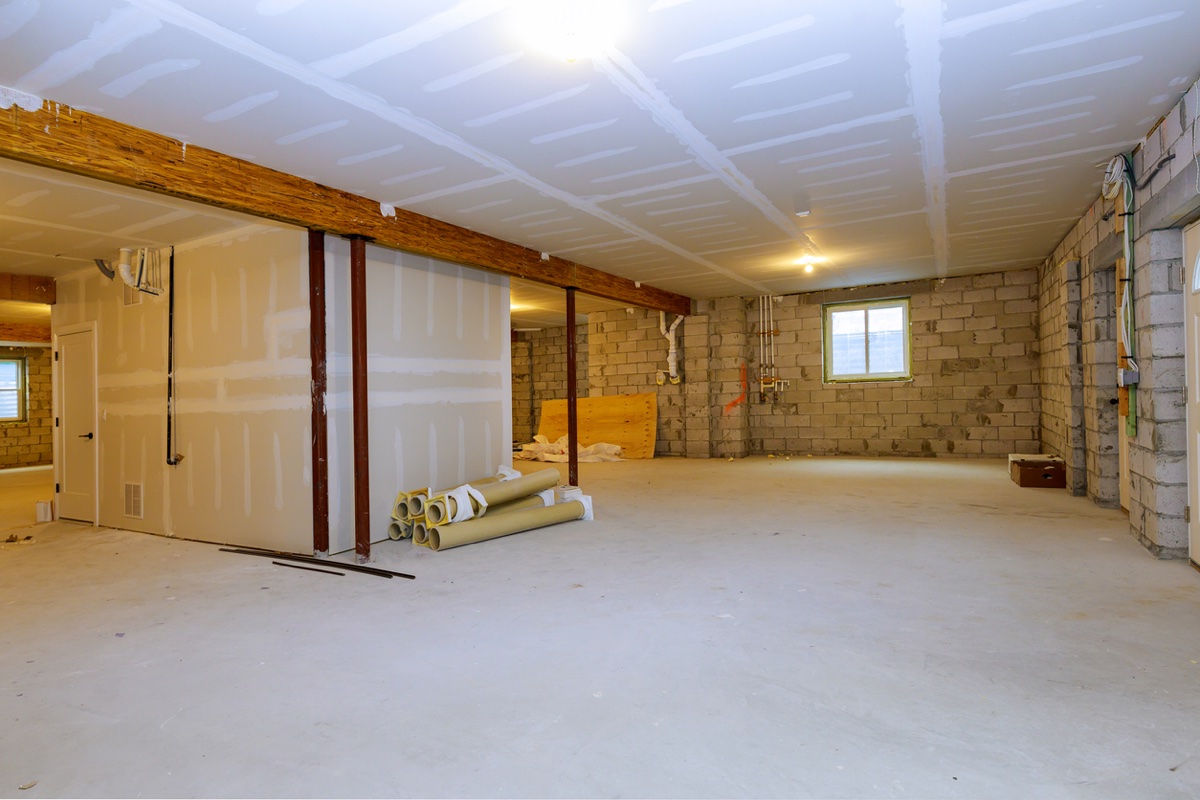
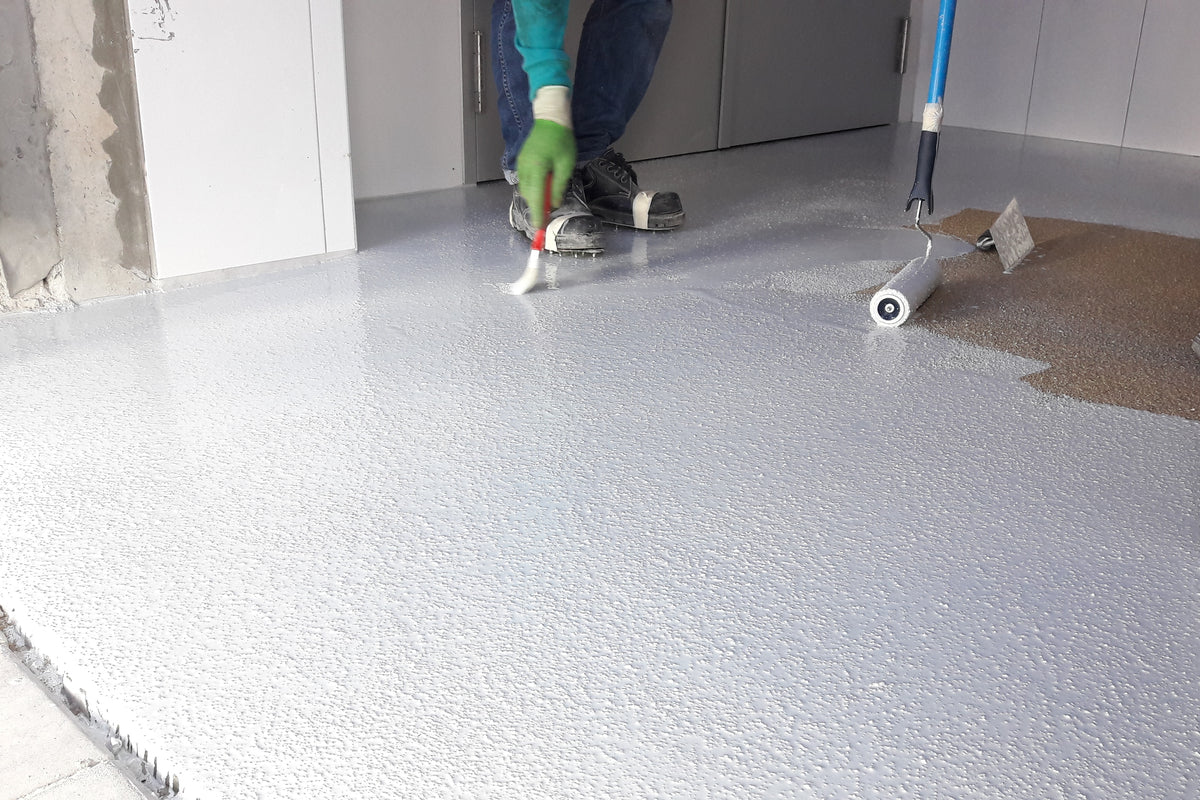
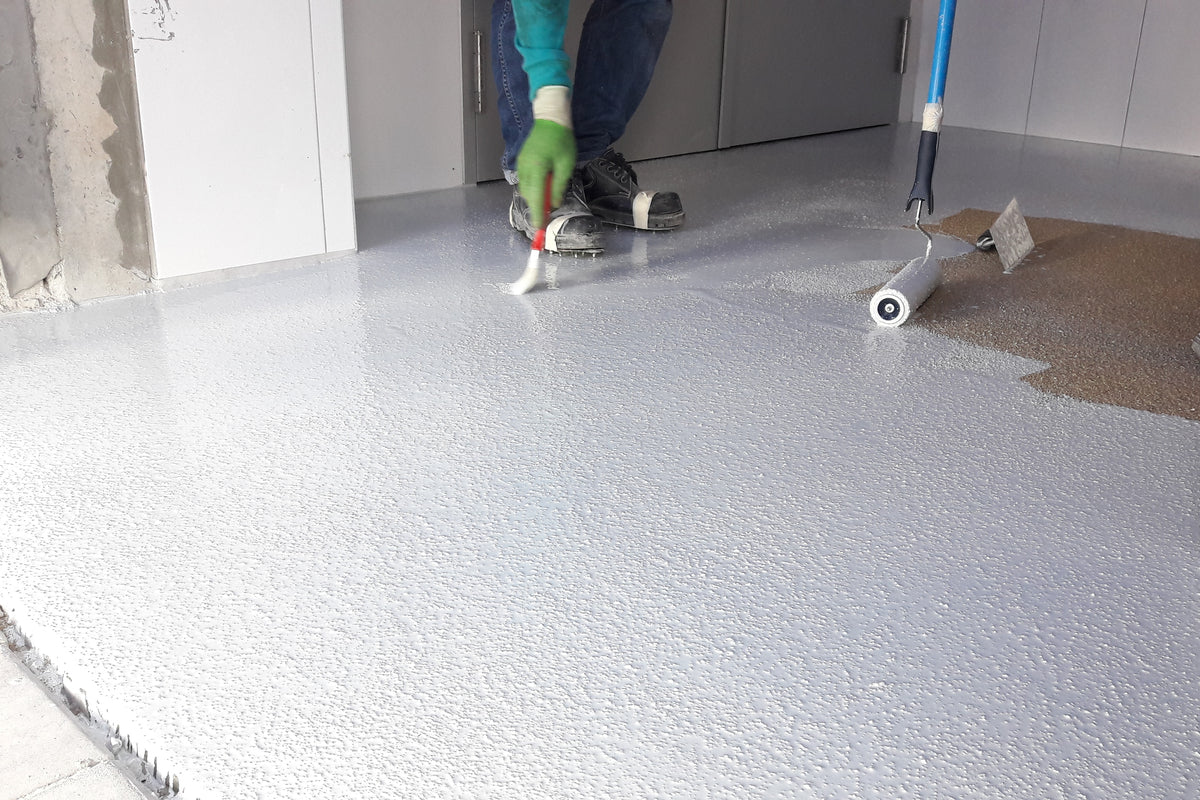
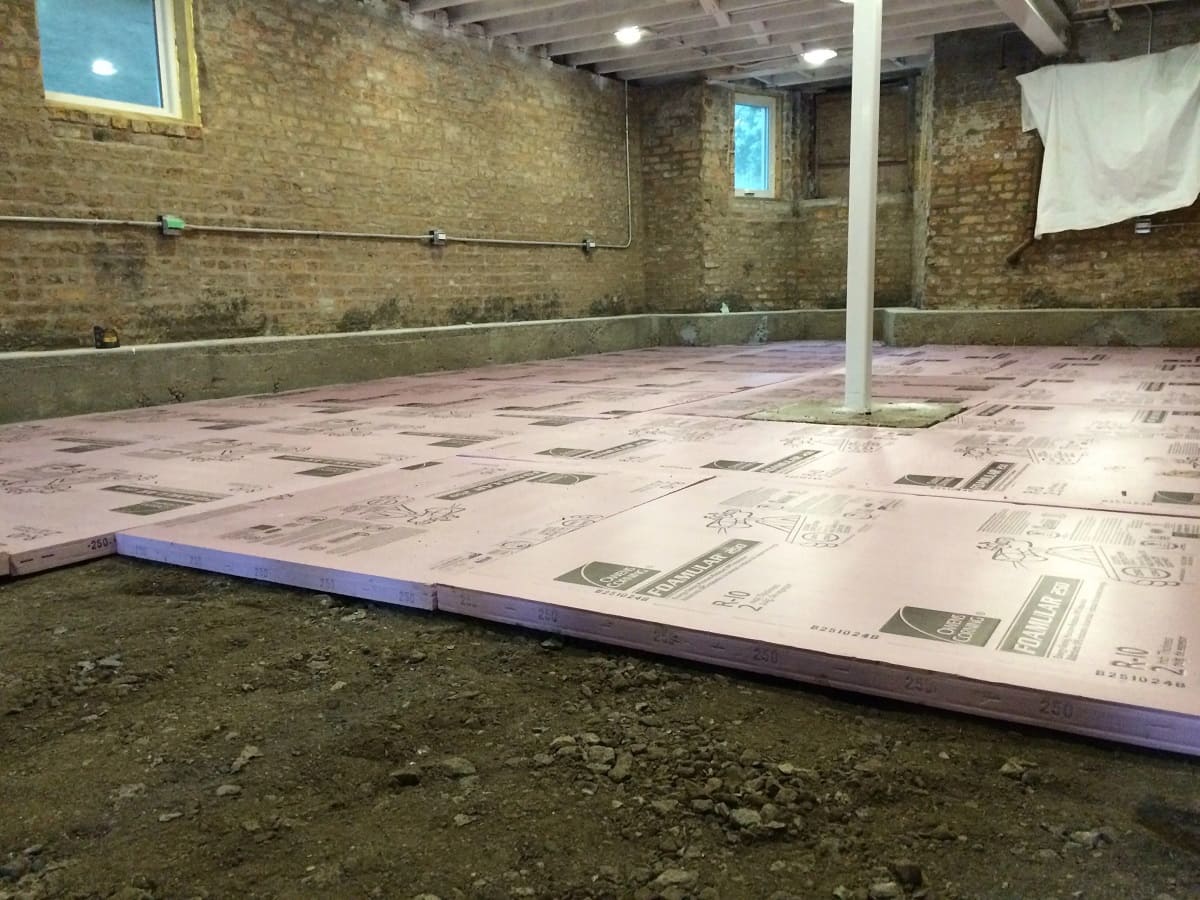
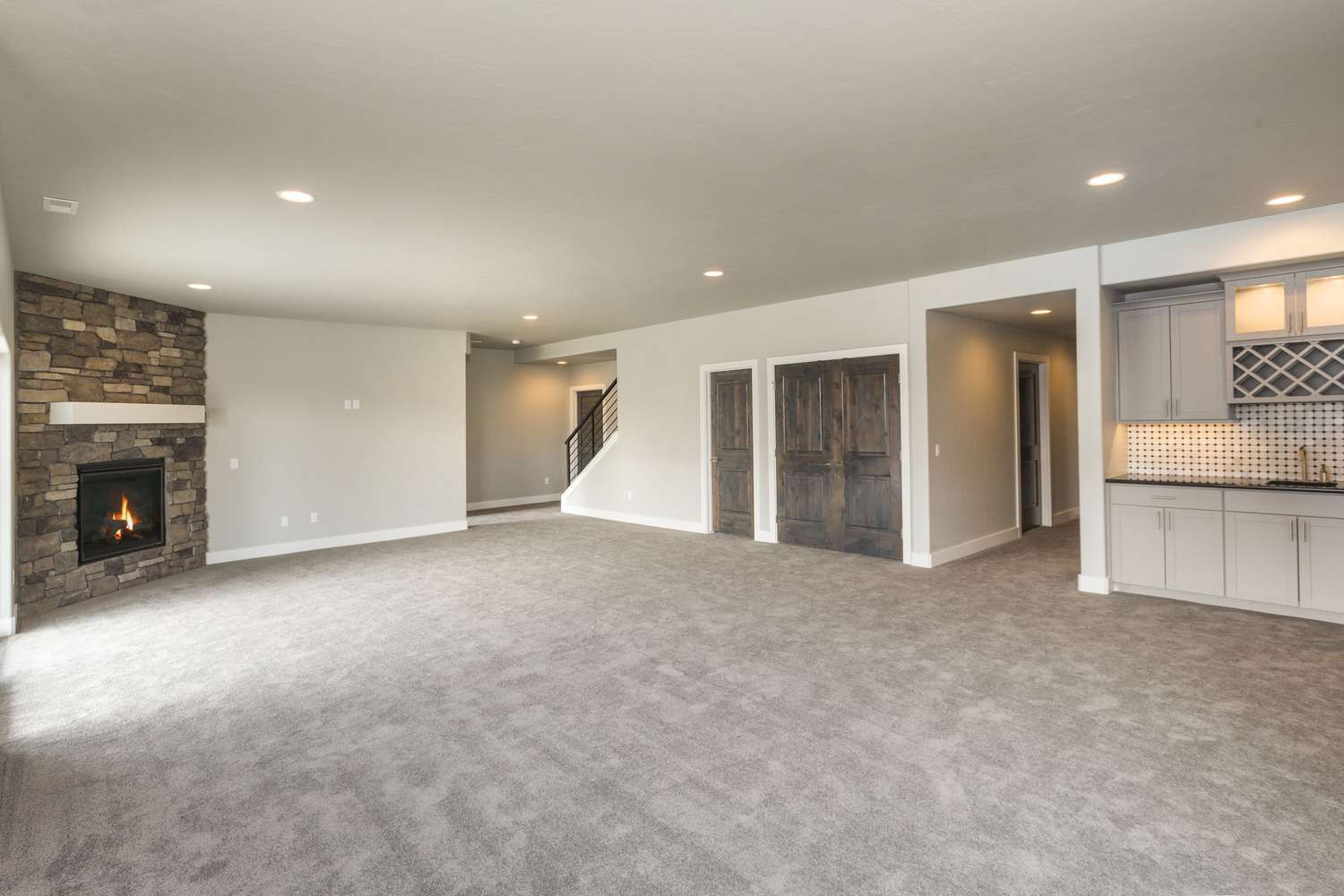
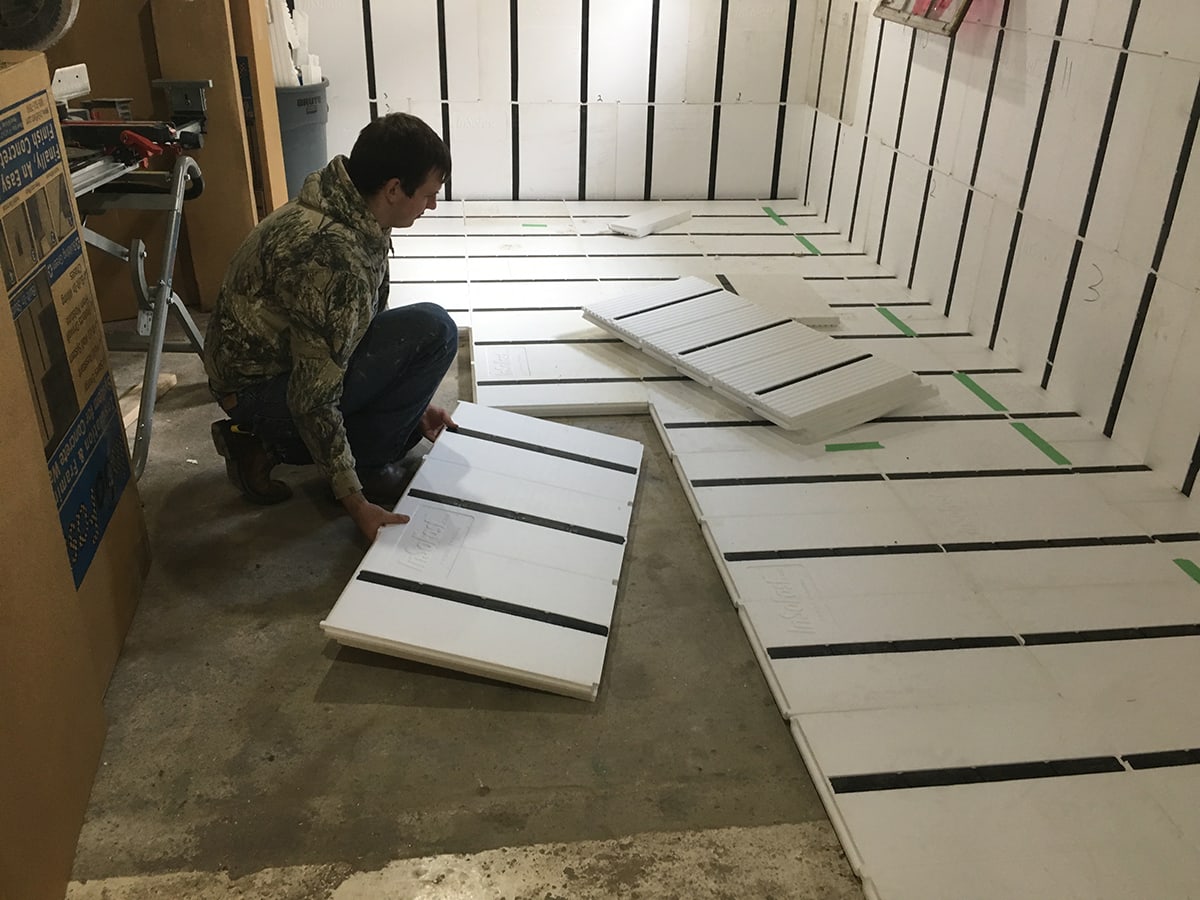
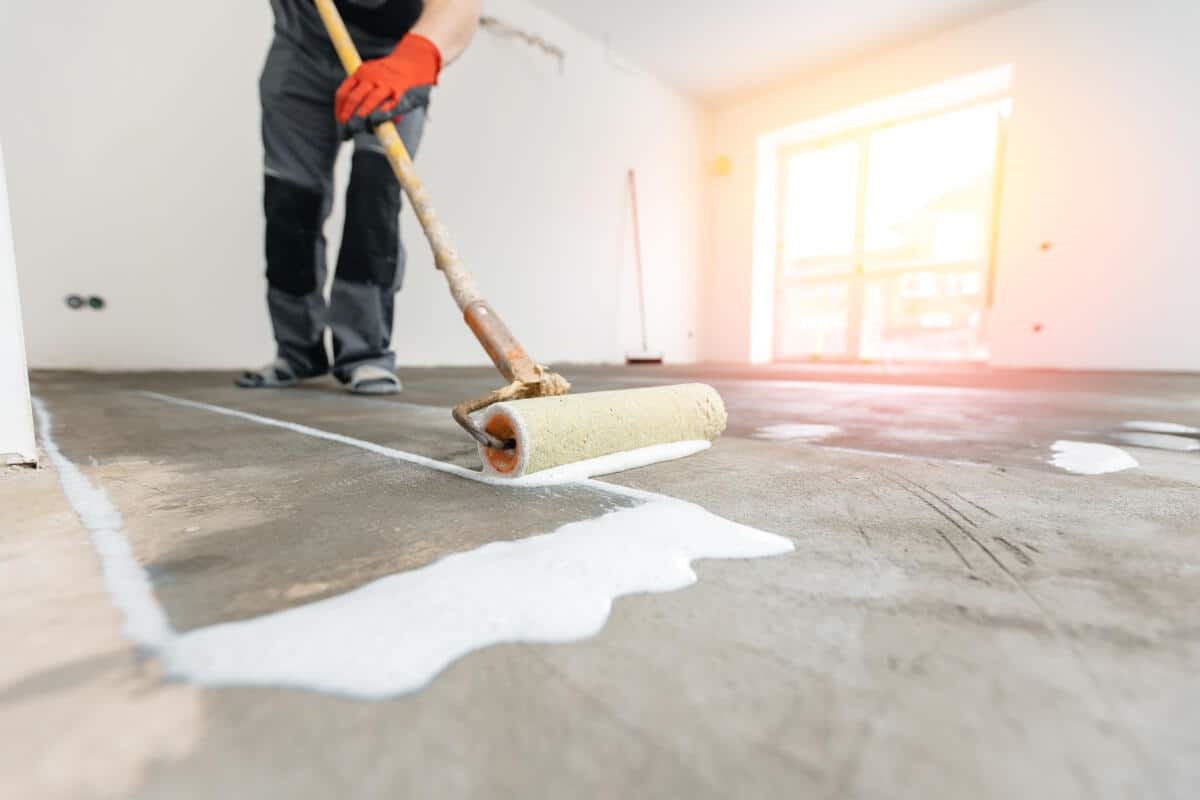
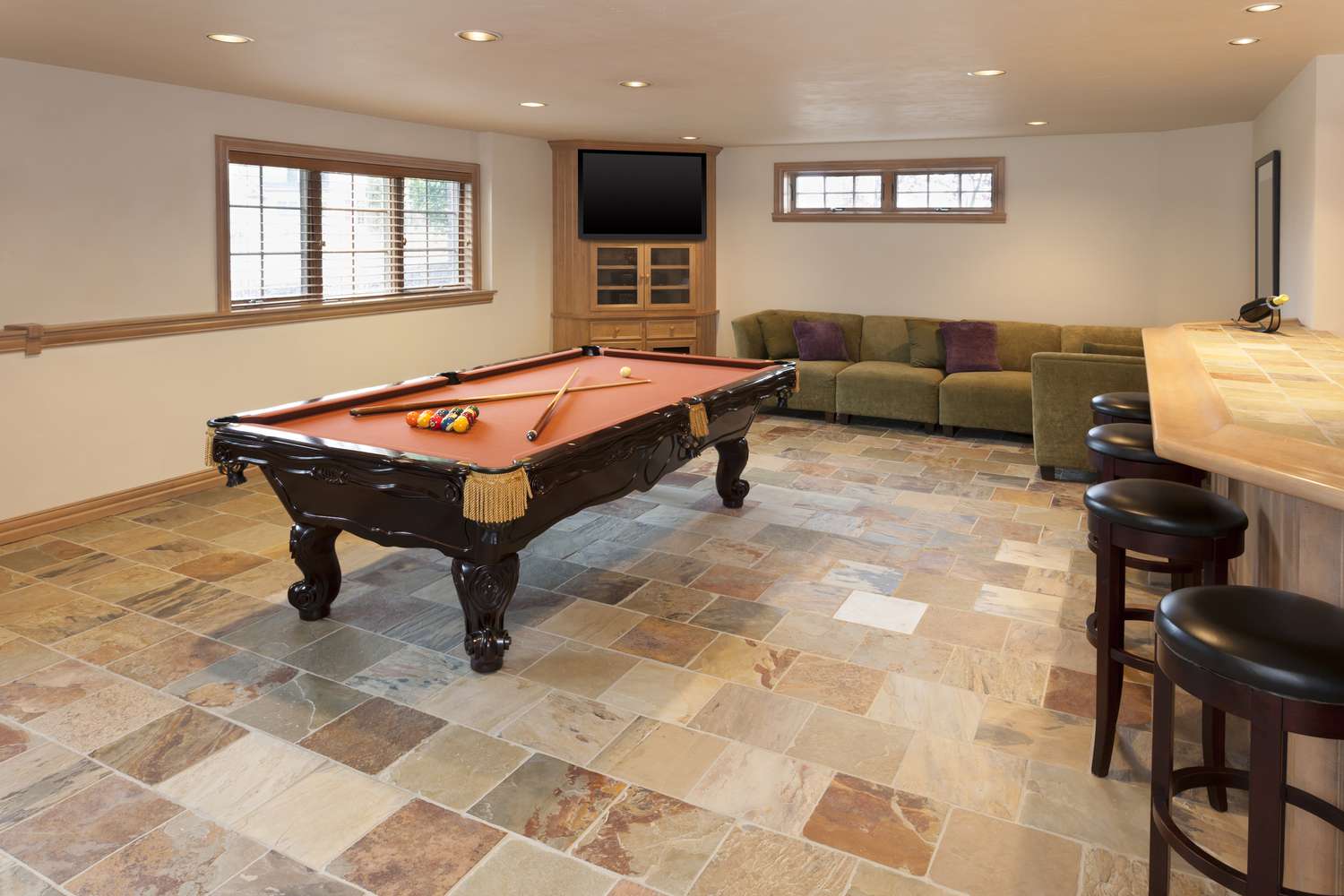
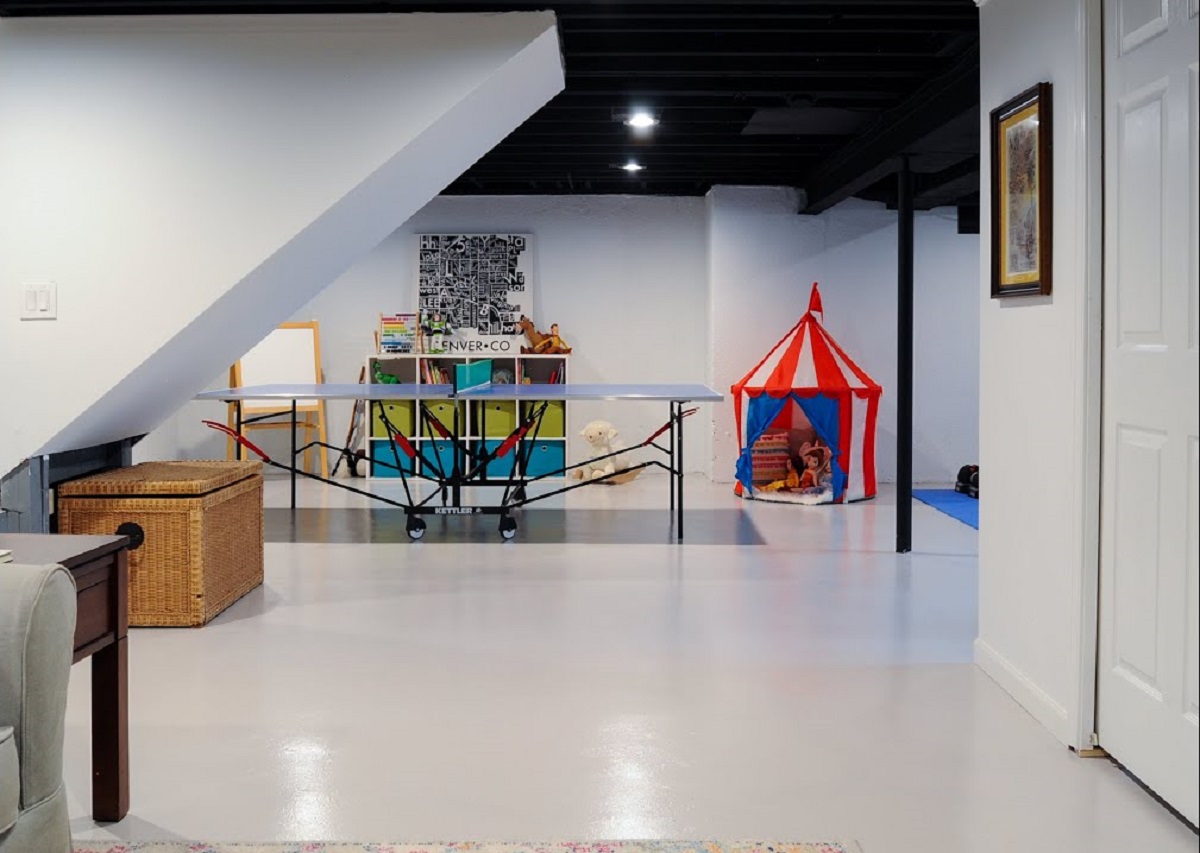
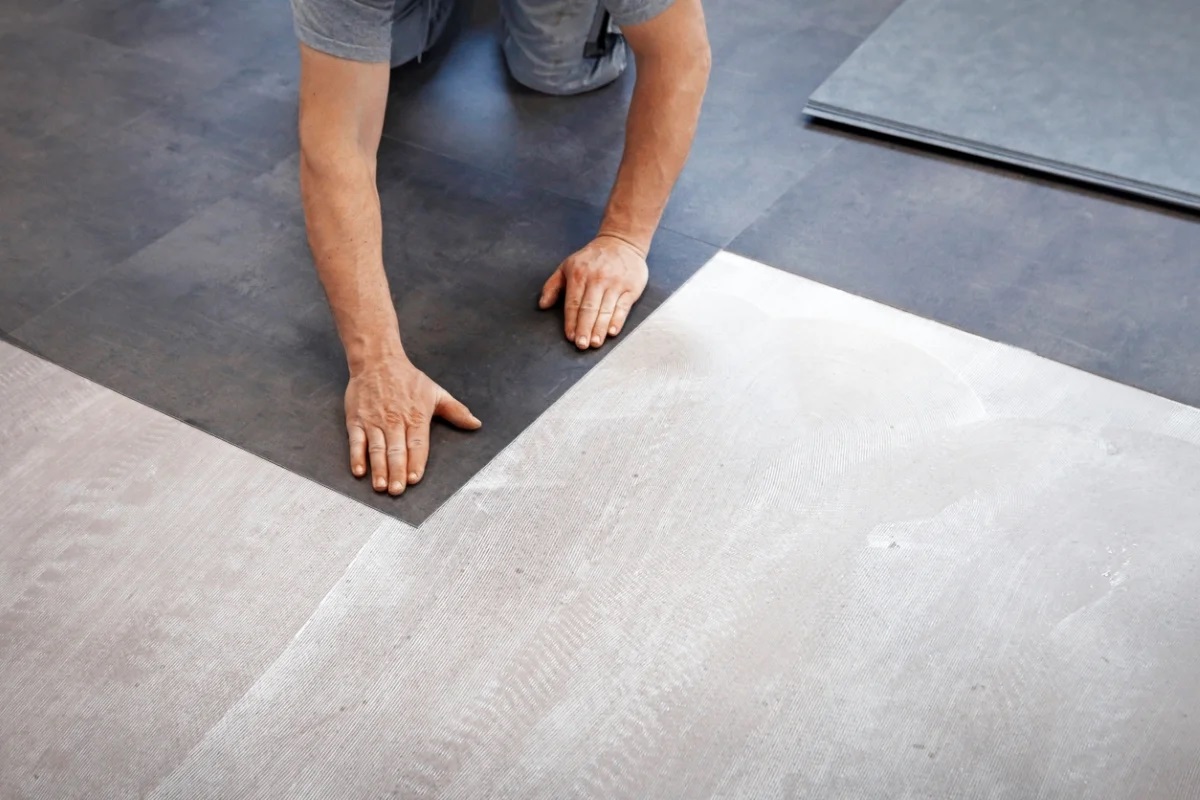
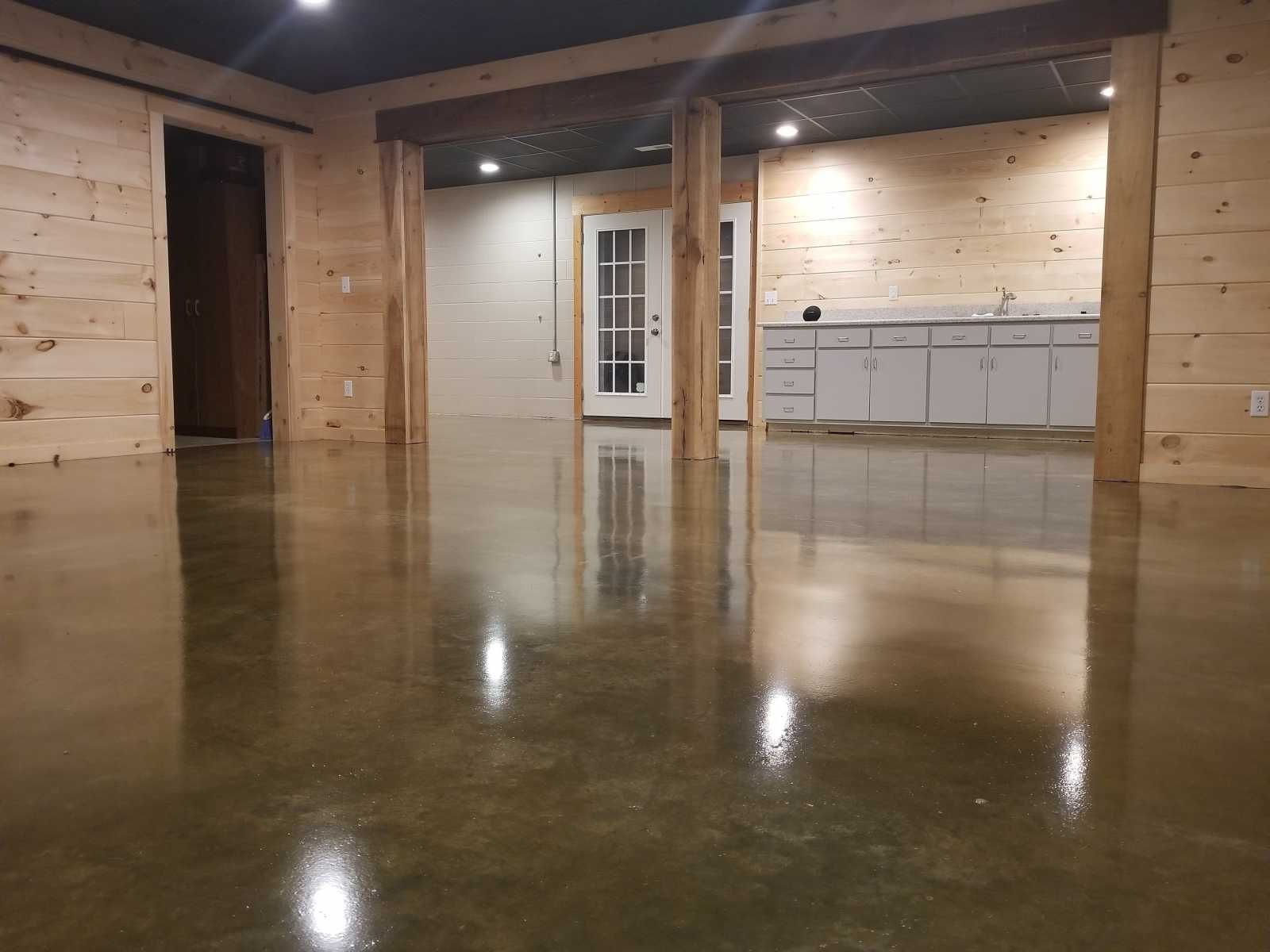
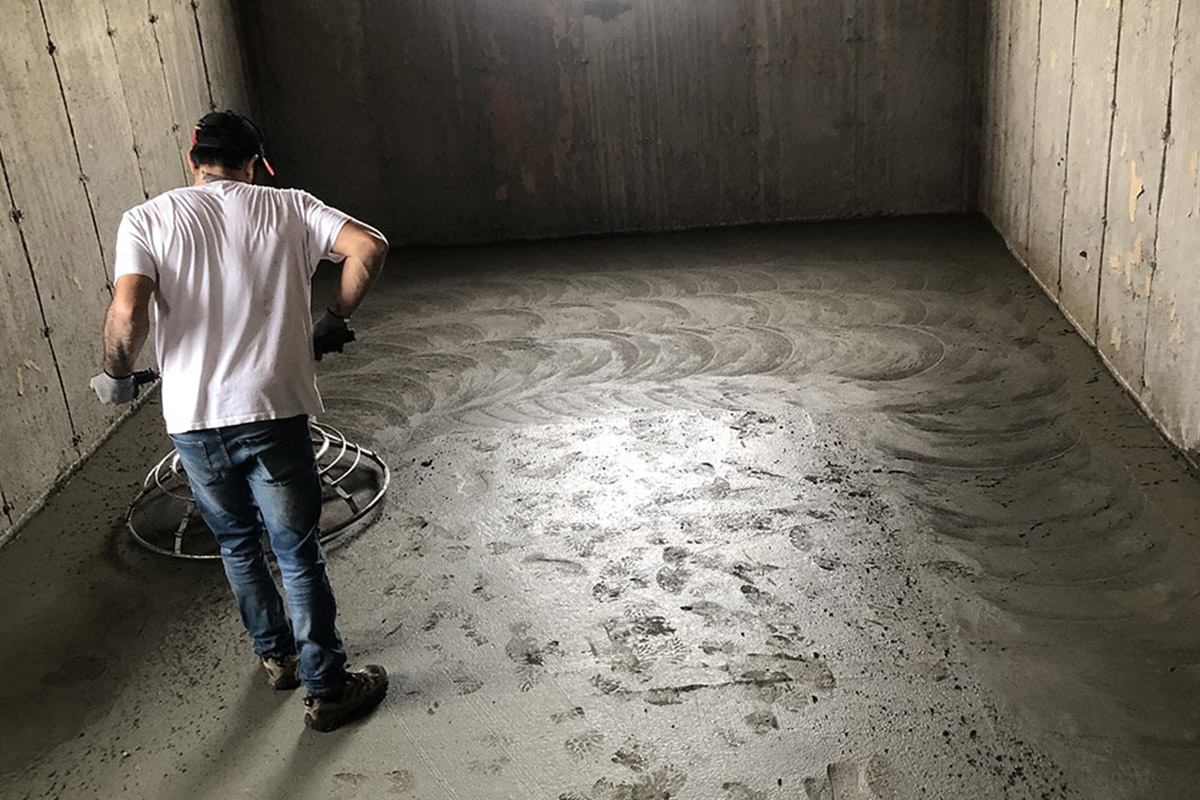
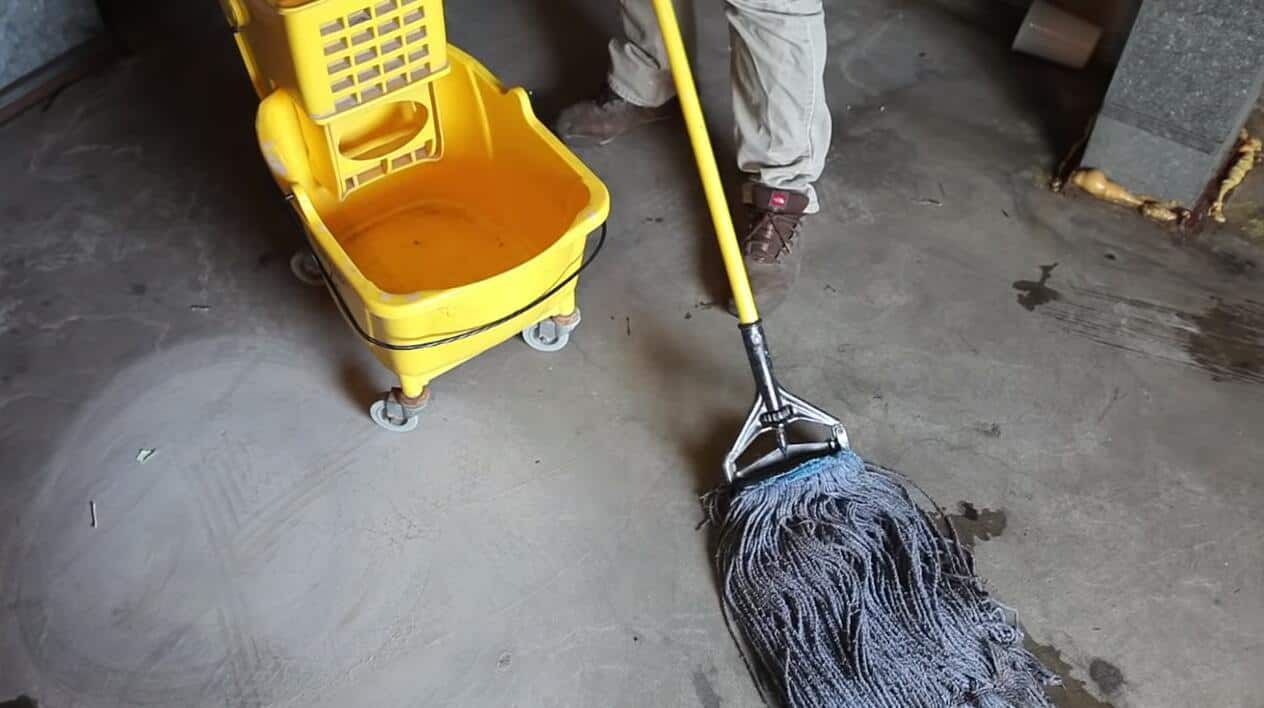
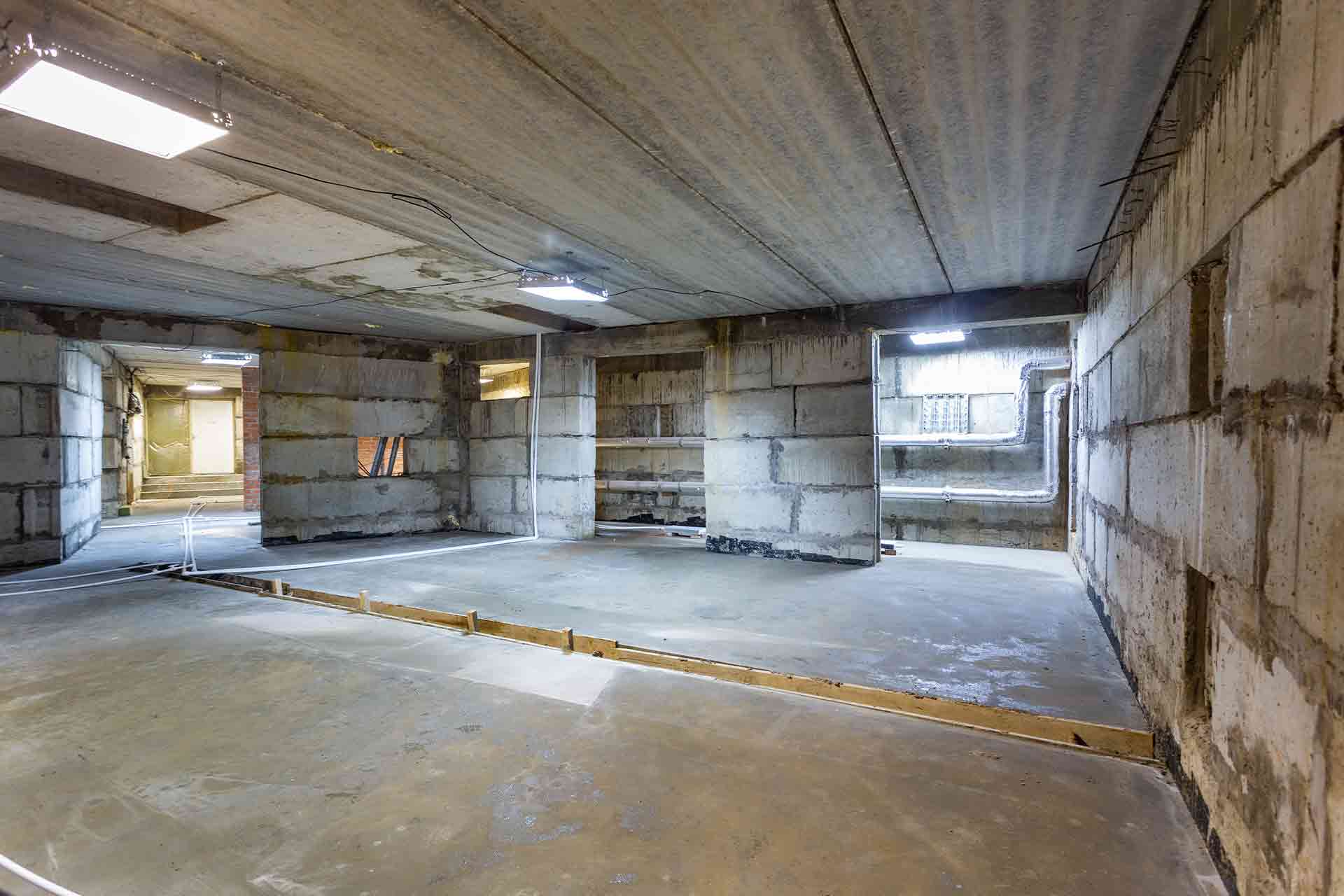

0 thoughts on “What Is The Best Flooring For A Basement”